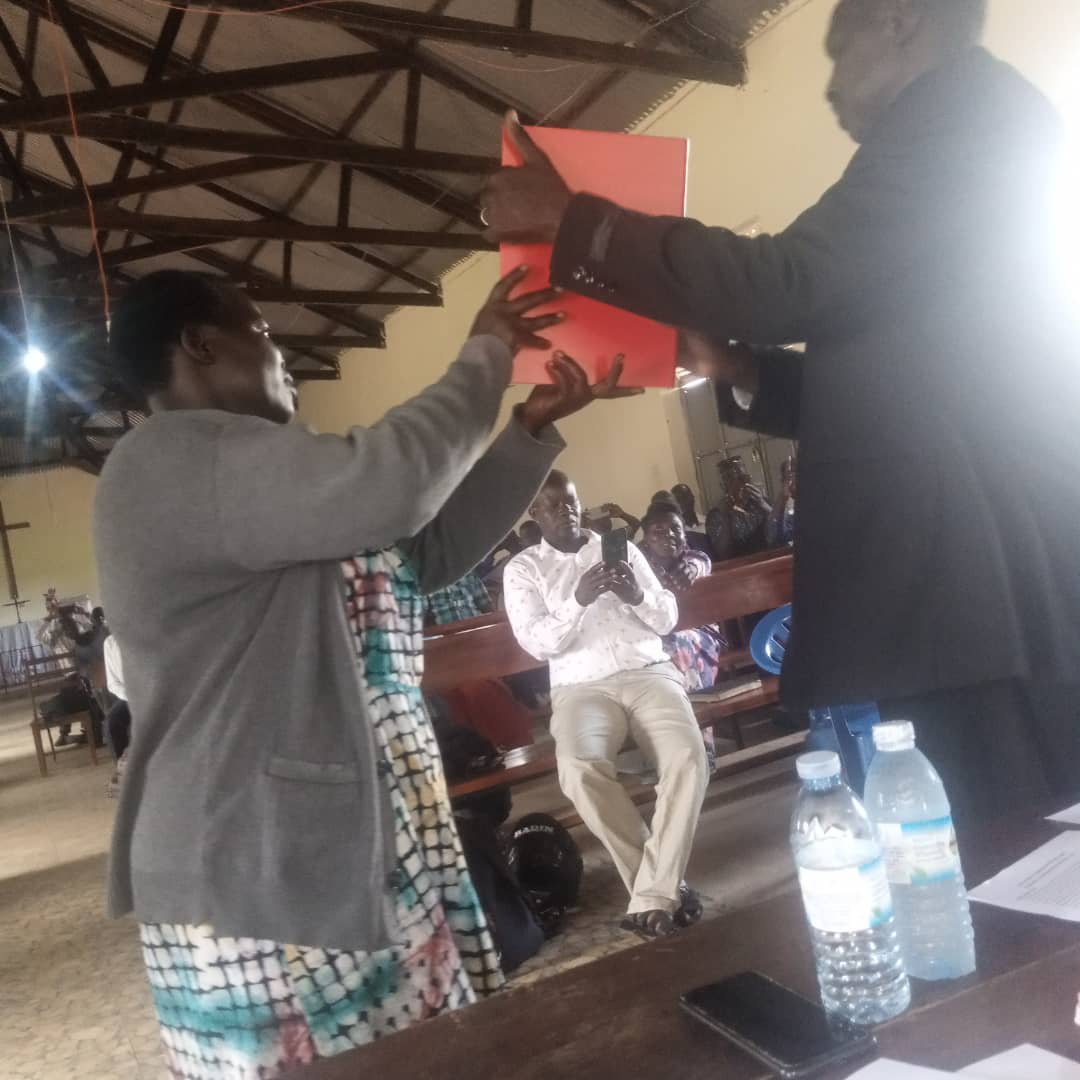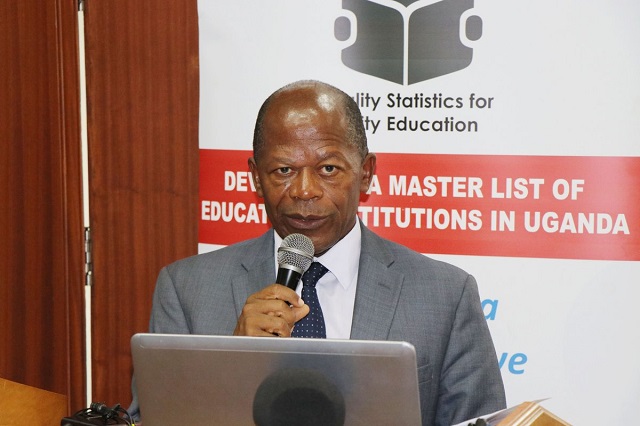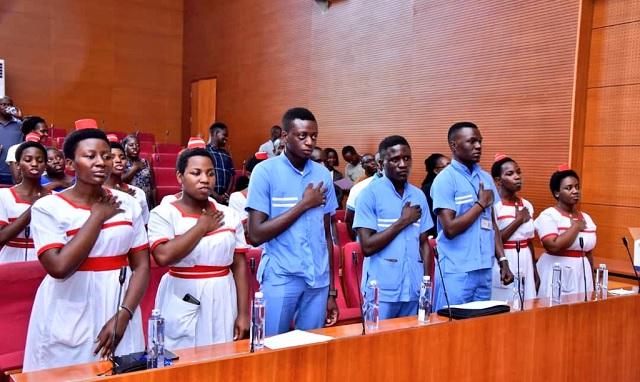(Dodoma) – The Tanzanian government has directed schools to use official maps depicting the correct border with Malawi, following concerns over inaccuracies in online mapping platforms. This directive aims to ensure students receive accurate geographical education amid an ongoing border dispute.
The Ministry of Education, Science and Technology has instructed teachers to use official Tanzanian maps that accurately depict the border with Malawi on Lake Nyasa. This instruction, conveyed in a letter dated December 16, 2024, signed by the Commissioner of Education Tanzania, Dr. Lyabwene Mtahabwa, was disseminated to owners of non-governmental schools and district school quality controllers. The directive emphasizes the use of official maps that show the border running through the middle of Lake Nyasa, contrary to some online depictions that place the entire lake within Malawi’s borders. Dr. Mtahabwa explicitly stated, “Ensure all students are taught accordingly and not using Google maps, which contain errors.”
This action follows a letter received by the Ministry from the Prime Minister’s office on November 26, 2024, addressing the Lake Nyasa border dispute and Malawi’s actions to assert ownership of the lake. Dr. Mtahabwa confirmed the authenticity of the letter, stating that the border on the Tanzanian map available on Google’s website had been altered to indicate it ending at the lake’s shoreline. He further noted that Malawi is already implementing these map changes in their primary and secondary education systems.
The Ministry acknowledges the widespread use of technology in education and recognizes the potential for Tanzanian students to inadvertently access inaccurate online maps. Consequently, the directive instructs all non-governmental school teachers to adhere to the curriculum prepared by the Tanzania Institute of Education (TET).
Stakeholders have expressed their support for the government’s directive. Benjamin Mkonya, Secretary-General of the Tanzania Association of Owners and Managers of Private Schools and Colleges (TAMONGSCO), commended the government for reinforcing national identity. He emphasized the importance of instilling accurate border knowledge in students. Mkonya also suggested broadening the scope of the directive to encompass other areas, such as immigration and foreign nationals residing in Tanzania.
Dr. Paul Loisulie, a lecturer at the University of Dodoma (Udom), also welcomed the directive, highlighting the importance of educating children about their country’s geography. He emphasized the historical nature of the border dispute, urging the government to engage with historians to devise a resolution strategy. He noted that the colonial-era borders, drawn by German and British powers, were often based on their own interests. Dr. Loisulie suggested that the government pursue a resolution through historical analysis and diplomatic channels, acknowledging the long-standing nature of the dispute.
The dispute originated after Malawi, without consulting Tanzania, granted licenses to foreign companies for oil exploration in the contested area of the lake. The root of the disagreement lies in ambiguous treaties left by the colonial powers. Previous presidents, including Bakili Muluzi and Bingu wa Mutharika of Malawi, and Julius Nyerere, Ali Hassan Mwinyi, and Benjamin Mkapa of Tanzania, engaged in discussions to address the issue. However, the dispute intensified after President Banda assumed power in Malawi, particularly following the discovery of significant oil reserves in the lake.
| Key Actors | Stance/Action |
|---|---|
| Tanzanian Government | Directed schools to use official maps; acknowledged the spread of misinformation via online platforms; urged for historical and diplomatic resolution of the dispute. |
| Malawian Government | Granted licenses for oil exploration in the disputed area; implementing map changes in their education system. |
| Dr. Lyabwene Mtahabwa | Commissioner of Education Tanzania, signed the directive. |
| Benjamin Mkonya | Secretary-General of TAMONGSCO, supported the directive, emphasized national identity and suggested broadening the scope of the directive. |
| Dr. Paul Loisulie | Lecturer at Udom, supported the directive, highlighted the historical nature of the dispute and suggested historical and diplomatic resolution. |
| Previous Presidents (Tanzania & Malawi) | Engaged in discussions to address the issue. |




















